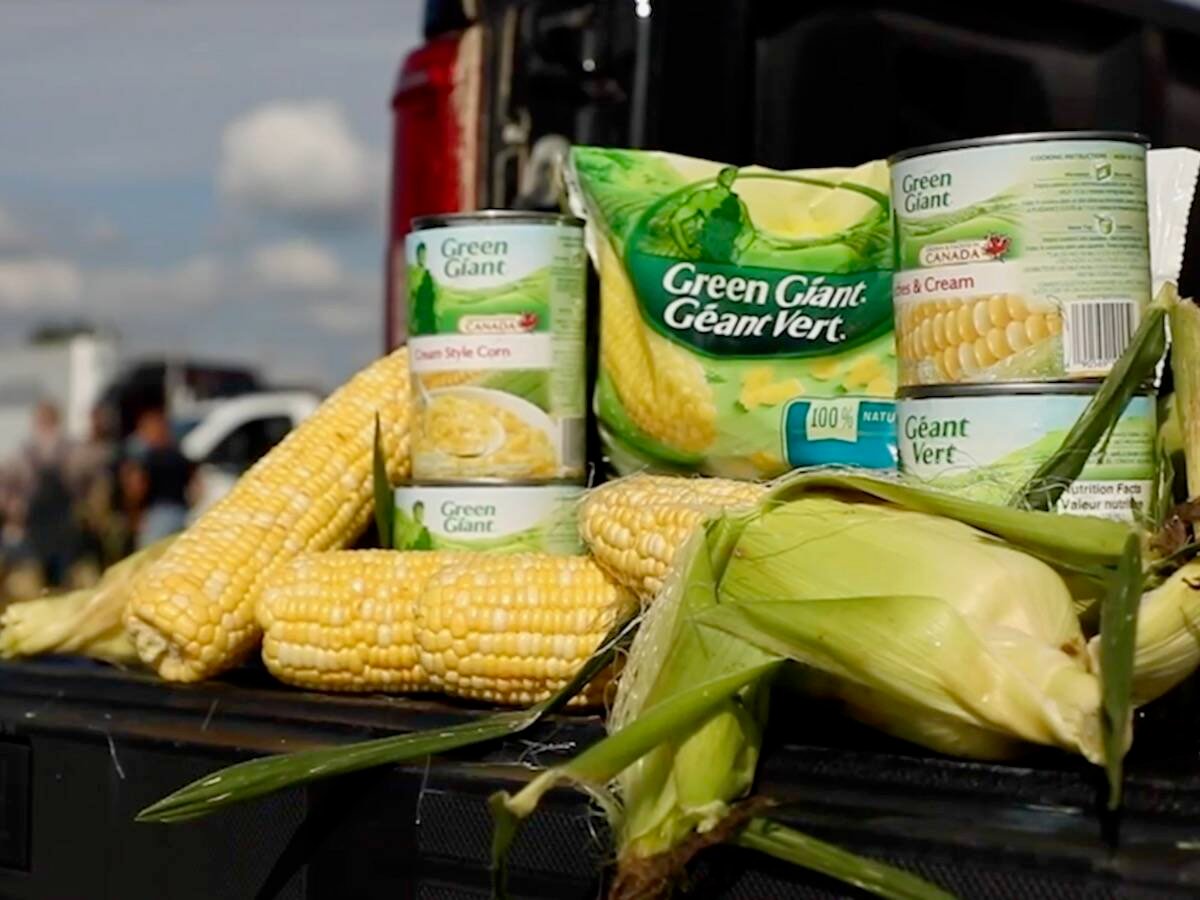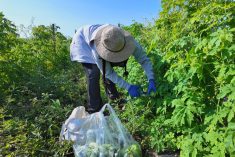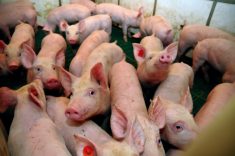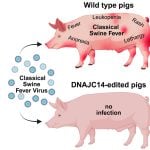Glacier FarmMedia – Canada’s hog producers are calling on the federal government to invest $50 million over three years to combat African swine fever.
In an open letter released Sept. 11, the chair of the Canadian Pork Council Rick Bergmann spells out the impact an outbreak of the disease would have on the industry.
The call comes on the heels of Germany’s agriculture ministry warning that ASF was found within its borders. As of Sept. 17, cases were confirmed in seven wild boars, prompting major importers like China to ban the purchase of pork from one of Europe’s top pork producers.
Read Also

Packer buys Green Giant, Le Sieur veg brands from U.S. owner
A Quebec-based processor’s deal to buy the Green Giant and Le Sieur packaged and frozen vegetable brands in Canada from a U.S. owner clarifies the status of two popular retail brands grown by Canadian farmers.
Since 2018, the disease has spread into several European countries and every region of China, but no cases have been reported in North America.
Bergmann described the devastating impacts a confirmed case would have on Canadian pork producers.
“First, quarantines will be established, and an eradication plan will be put in place to try and stop the disease. An aggressive eradication effort is core to the plan, but it will require a significant mobilization of resources. The eradication plan alone will cost millions,” he writes.
Drawing on the experience beef farmers endured during the BSE outbreak of 2003, Bergmann says “ASF will be worse, much worse” because 70 per cent of Canadian produced pork is exported to countries that would likely close their borders to imports if a case were to be found.
Processing would stop, prompting the closure of facilities, economically devastating job losses and an animal welfare crisis.
“The cost of the cure will be counted in billions. Eradicating the virus, income support for tens of thousands of out of work Canadians, aid for the thousands of farm families who will struggle through the fallout will be significant. All of this will need to happen as billions of dollars in economic activity simply disappears.”
According to Bergmann, the estimated economic impact “could exceed $50 billion and kill the family farm.”
Bergmann says “more can and needs to be done to prevent the high cost of the cure.” He calls for $50 million that “will boost biosecurity and traceability, prepare response programming, improve communications, engage with small-scale producers, increase research, and appoint a chief ASF officer.”
Beyond working with the United States and Mexico, Canada has partnered with the provinces and industry groups to come up with an action plan for ASF, investing in the 2019 budget money for detecting illegally imported meats at Canadian airports.
Ottawa’s most recent budget documents show $5.6 million dedicated to the Canadian Food Inspection Agency for “Addressing the Challenges of African Swine Fever” but no money is listed under that item for the 2020-21 fiscal year.
On Sept. 16, federal Minister of Agriculture and Agri-Food Marie-Claude Bibeau told reporters the international trade environment was challenging sometimes and expressed confidence in the Canadian Food Inspection Agency.
African swine fever prevention is listed on the preliminary agenda for the November meetings between Bibeau and her provincial counterparts.













